First Rohingya family repatriated to Myanmar: government
Many Rohingya refugees fear returning to a country where they saw their relatives murdered by soldiers
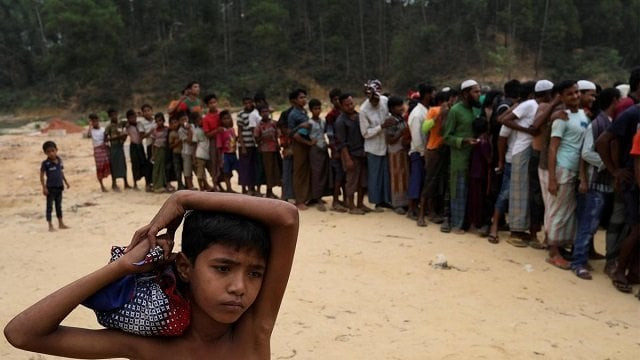
Many Rohingya refugees fear returning to a country where they saw their relatives murdered by soldiers
PHOTO COURTESY: THE NATIONAL
The stateless Muslim minority has been massing in squalid Bangladesh camps since the Myanmar army launched a ruthless crackdown on the community in northern Rakhine state last August.
The UN says the campaign amounts to ethnic cleansing, but Myanmar has denied the charge, saying its troops targeted Rohingya militants.
Bangladesh and Myanmar vowed to begin repatriation in January but the plan has been repeatedly delayed as both sides blame the other for a lack of preparation.
According to a Myanmar government statement posted late Saturday, one family of Rohingya refugees became the first to return earlier in the day.
"The five members of a family... came back to Taungpyoletwei town repatriation camp in Rakhine state this morning," said a statement posted on the official Facebook page of the government's Information Committee.
The post described the family as 'Muslim', in line with a government policy not to use the word 'Rohingya', which authorities do not recognise as an ethnicity.
Authorities determined "whether they were once living here" and provided the family with National Verification Cards, a form of ID that falls short of citizenship and has been rejected by Rohingya leaders who want full rights.
Photos posted alongside the statement showed one man, two women, a young girl and a boy receiving the ID cards and getting health checks.
It said that the family had been sent to stay 'temporarily' with relatives in Maungdaw town. The post did not mention any plans for further returnees in the near future.
The move comes despite warnings from the UN and other rights groups that a mass repatriation of Rohingya would be premature, as Myanmar has yet to address the systematic legal discrimination and persecution the minority has faced for decades.
The Rohingya are reviled by many in the Buddhist-majority country, where they are branded as illegal 'Bengali' immigrants from Bangladesh, despite their long roots in Rakhine state.
They have been systematically stripped of their citizenship in recent decades and forced to live in apartheid-like conditions with severely restricted access to health care, education and other basic services.
"Right now, the conditions are not conducive to a voluntary, dignified and sustainable return," Ursula Mueller, assistant secretary general for the UN's Office for the Coordination of Humanitarian Affairs, told AFP earlier this month after a visit to Rakhine.
Myanmar must address "critical issues of freedom of movement, social cohesion, livelihoods, and access to services", she added.
Many Rohingya refugees say they fear returning to a country where they saw their relatives murdered by soldiers and where Buddhist vigilantes drove them from their homes.
Many of their original communities were burned to the ground in the violence that Doctors Without Borders says claimed at least 6,700 Rohingya lives in the first month alone.
Myanmar authorities have since bulldozed over many of the charred villages, raising alarm from rights groups who say they are erasing evidence of atrocities and obscuring the Rohingya's ties to the country.

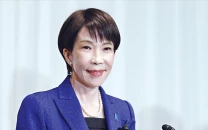
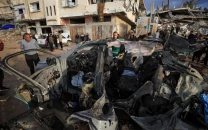
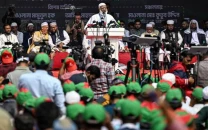

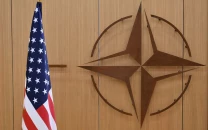
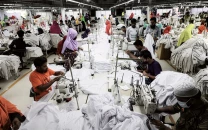












COMMENTS
Comments are moderated and generally will be posted if they are on-topic and not abusive.
For more information, please see our Comments FAQ